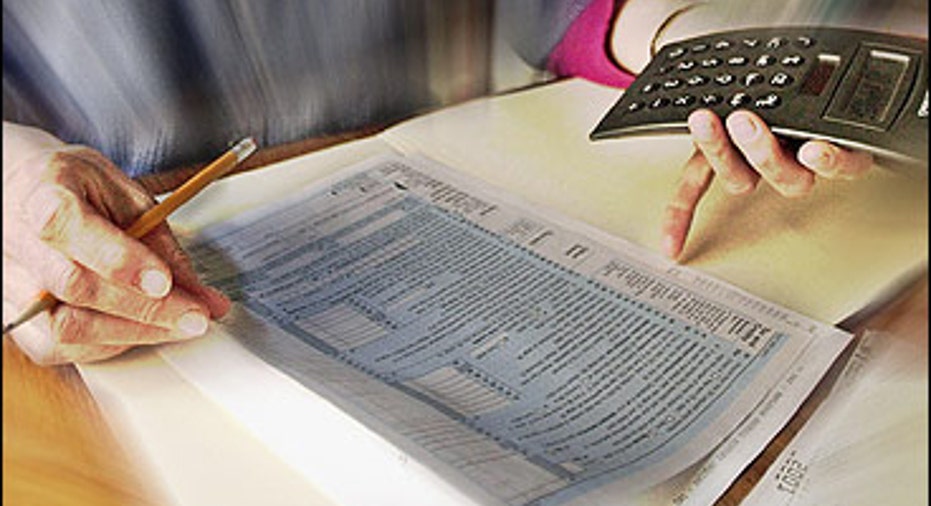Should You File Your Own Tax Return?

I got a call last week from a woman who opened a small publishing company this year. She wanted to know if it was advisable for her to have a professional prepare her income tax return or “should I just get all the forms and instructions and do it myself?”
I was surprised by the question. After all, there are more than 75,000 pages of tax code and the tax laws become much more complex when one becomes self-employed. Many number-savvy individuals will look at Schedule C where sole proprietors list their income and business expenses and think that it’s a slam dunk to do it themselves. After all, there’s a line for listing your sales then there are fields in which to list the various business expenses incurred during the year. Add up the expenses, subtract the total from sales and you’re done, right?
Sounds simple, but in fact there is much more to it than that.
First of all, there are many things to consider: treatment of startup expenses, treatment of assets (depreciation and amortization), what qualifies as a business expense, automobile expense accounting, home office, self-employment tax, just to name a few. Unless you understand the principles behind these concepts, you may miss valuable deductions or at the other extreme, send up a red flag for audit. In fact, a self-prepared tax return with a Schedule C is an audit flag.
According to Andrew Poulos of Poulos Accounting and Consulting, Inc., “The IRS is increasing its audit enforcement and conducting many more correspondence audits than in previous years.” He adds, “What a person saves on the front end in tax preparation fees, they could pay on the back end for representation. There is no substitution for a highly qualified tax professional such as an Enrolled Agent or Certified Public Accountant.”
But let’s say you are not self-employed but you own rental properties. The income and expenses for these ventures are listed on Schedule E. Here again, it appears to be a simple process of showing rents and rental expenses. But unless you know the rules for depreciation, amortization, taking passive losses, distinguishing between repairs and capital improvements, and what qualifies as a rental expense, you would be wise to turn over the preparation of this schedule to a seasoned tax professional as well.
Even if you are only a wage earner with a W2 but you need to complete Schedule A Itemized Deductions, you may find that the help of a tax pro is required. However, if you read the instructions carefully and don’t overlook any deductions – most commonly forgotten is vehicle registration fees – you can probably handle it and do very well.
Some people make the mistake of thinking that using tax software can replace the help of a tax pro. Not so. Years ago with the advent of modern technology, a phrase was spawned that holds true today: “Garbage in, garbage out.” Tax software can process numbers and in fact can ask leading questions to guide you (hopefully) to the correct fields and answers. But it’s not fool-proof and cannot cover every topic included in the tax code.
Another factor to consider are the ongoing changes in tax law. Preparing 2014 income tax returns will be even trickier than 2013 due to the passage of the Affordable Care Act. New provisions kick in and there are two new forms added to the existing batch. During December Congress will be making a decision on the status of the 55 extenders that expired at the end of 2013. There is always a lot to learn.
And what happens if you don’t know the rules and make a mistake? According to Poulos, “Not following the rules and regulations of tax laws can have serious consequences. It can range from getting a simple letter that you can handle yourself, to getting audited and owing thousands… and having a tax problem to solve.” Penalties and interest on unpaid liabilities are expensive.



















